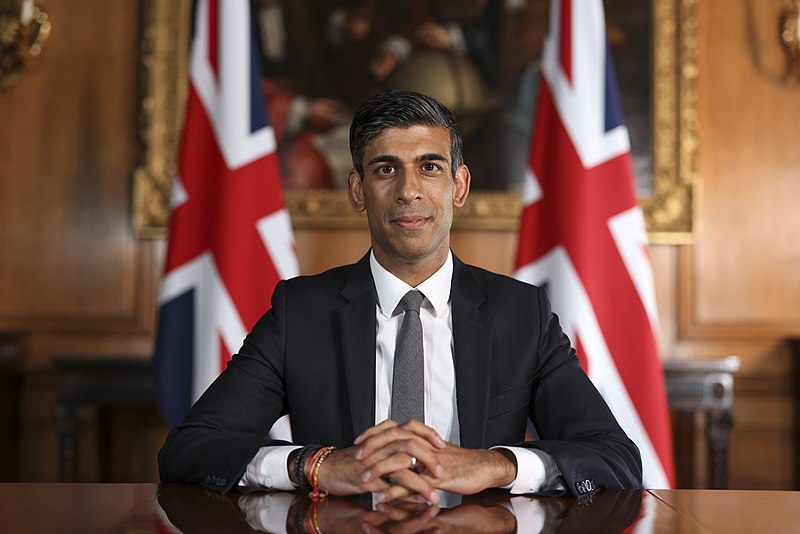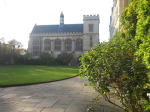
Rishi Sunak has emerged as the leader in the use of RAF jets and helicopters for domestic travel compared to the three previous prime ministers of the UK, according to data from the Ministry
of Defence obtained by the BBC.
The data reveals that during his initial seven months in office, Rishi Sunak took nearly one such flight per week. This has led to accusations of hypocrisy, as the prime minister's actions appear to contradict his commitments to reduce carbon emissions, particularly from short domestic flights.
Despite these criticisms, Mr. Sunak has defended his air travel usage by asserting that it represents the "most effective use of my time."
The BBC's request for information through Freedom of Information yielded insights into the number of domestic flights on Command Support Air Transport aircraft for each prime minister between July 2016 and April 2023. The UK's RAF division, known as 32 Squadron, manages two Dassault Falcon 900LX jets and a helicopter designated for domestic transportation of the prime minister and other government officials.
Over a span of 187 days, Rishi Sunak undertook 23 domestic flights on these aircraft, averaging out to approximately one flight every eight days. It's important to note that the brief tenure of Liz Truss and the travel restrictions imposed during the Covid-19 pandemic have influenced these figures.
Initially, the BBC had sought data on military aircraft usage for domestic travel by all UK prime ministers from Tony Blair onward. However, the Ministry of Defence rejected the request on the grounds of cost and recommended focusing on data since Theresa May's time in office.
In addition to his use of RAF aircraft, the prime minister occasionally has access to an RAF Voyager plane for international trips, and the government also arranges private flights through Titan Airways.
Separately, it has been revealed that Mr. Sunak has accepted over £70,000 worth of private jet and helicopter travel from political donors to attend Conservative Party events this year.
The frequency of Mr. Sunak's air travel for domestic engagements has faced criticism, particularly his choice to use RAF aircraft for relatively short trips to destinations like Newquay, Dover, and Leeds this year. In response, Mr. Sunak pushed back, arguing against an absolutist stance on air travel in the context of climate change.
Labour Party members have accused the prime minister of indulging in an "expensive habit" of utilizing private jets at the taxpayer's expense. Angela Rayner, the party's deputy leader, suggested that Mr. Sunak's actions might breach the ministerial code, which stipulates that scheduled flights should be used unless air travel is deemed essential.
Mr. Sunak's public discourse on climate change has highlighted his commitment to reducing carbon emissions. The UK has set a legally binding target of achieving net-zero carbon emissions by 2050, in line with global efforts to mitigate the adverse effects of climate change.
Air travel is a significant contributor to greenhouse gas emissions, primarily in the form of carbon dioxide (CO2) resulting from fuel combustion. Domestic flights are particularly carbon-intensive, with emissions per kilometer traveled being higher than other modes of transportation. Furthermore, private jets tend to emit more CO2 than commercial flights.
It's worth noting that emissions can vary based on factors such as aircraft size, engine efficiency, and passenger capacity. In 2019, prior to the pandemic, aviation, both domestic and international, accounted for 8% of the UK's total greenhouse gas emissions.
Rishi Sunak's prioritization of air travel for domestic journeys has ignited debates about his environmental commitments and the necessity of such flights. Photo by Simon Dawson / No 10 Downing Street, Wikimedia commons.



































